From mediaindigena.com link to article by RICK HARP, Oct 20th 2018
The pot economy: who’s in and who’s out? As I prepared for this week’s live-audience recording of MEDIA INDIGENA in Winnipeg, which was all about the new economic, political and cultural landscape unfolding in the wake of cannabis’ legalization in Canada, it seemed information about which Indigenous communities were embracing that new reality (and which weren’t) was somewhat hazy. (I’ll try to keep puns to a minimum here, though I was less successful on the podcast.)
Well, that pot picture seems to be changing on the fly, so I thought, why not try to accumulate an evolving repository of it all here, updating it as news of initiatives located up and down the supply chain emerge? A fool’s errand? Perhaps.
Know something I don’t about who’s for or against cannabis businesses? Comment below.
BRITISH COLUMBIA
YEA
May 2018: The Kure Cannabis Dispensary opened its doors on the Skwah First Nation. // Source: The Abbotsford News
In July 2018, Kelowna-based Indigenous Bloom opened its doors to customers on the Kwaw-Kwaw-Apilt First Nation. Its board includes Chief Isaac Laboucan-Avirom of the Woodland Cree in Alberta, ex-chief of West Bank First Nation Robert Louie, and former Conservative MP Ron Cannan. “Kwaw-Kwaw-Apilt Chief Betty Henry said her community is fully behind the venture. ‘It is our intention that the operation of a cannabis business must be under the domain of our people. Our purposes include the elimination of criminals who market illegal drugs…’” The product is sourced from nearby Shxwha:y Village, which “announced its ‘intended operation’ of a licensed producer (LP) cannabis growing facility through Health Canada, in addition to the groundbreaking of its dispensary storefront.” Reports indicate that the First Nation has written its own cannabis law to replace the federal Cannabis Act”. The store is said to employ 20 people. // Sources: The Abbotsford News, Vancouver Sun
MANITOBA
YEA
Brokenhead Ojibway Nation is a partner of National Access Cannabis (NAC), run by “a former RCMP officer who used to lead the National Drug Enforcement program.”// Source: Financial Post
Fisher River Cree Nation has partnered with the Chippewas of the Thames (Ontario) and cannabis companies Avana Canada Inc., MediPharm Labs and Native Roots Dispensary; in February 2018, the province of Manitoba announced it had conditionally accepted the group’s proposal to run dispensaries in the province. // Source: Financial Post
Long Plain First Nation is one of at least five First Nations to “partner with NAC to create a retail recreational cannabis distribution network in the province. NAC said it intends on building and operating a network of stores on each of the First Nations [and] plans on staffing the stores with members of the three communities.” // Sources: Financial Post, CTV
Nisichawayasihk Cree Nation is a partner of National Access Cannabis (NAC). // Source: Financial Post
Opaskwayak Cree Nation (OCN) has not only partnered with National Access Cannabis, the band’s business development arm “became NAC’s largest shareholder in August 2018, acquiring a 10 per cent stake in the company [to the tune of $35 million] shortly before it went public.” In mid-October 2018, OCN says it “has already created 10 new jobs through its soon-to-open retail store [and] hopes to open as many as 100 stores.” // Sources: Financial Post, CTV
Peguis First Nation plans to open “a new retail store and pharmacy on its urban reserve land in Winnipeg. The store is a partnership with the company GrowForce, a spinoff of North America’s largest weed producer, MJardin Group.” It has also entered an arrangement with NAC. // Source: CTV
According to a provincial website, Waywayseecappo First Nation is one of 6 Manitoba First Nations to enter into “formal partnerships and investment arrangements with companies selected as provincial cannabis retailers [and that] First Nations participation was a key criterion for choosing retailers in [Manitoba’s] initial Request for Proposals.” (The other successful participants are Nisichawayasihk, Long Plain, Opaskwayak, Peguis and Brokenhead.)
According to NOW magazine, Métis cannabis company Seven Oaks “was unsuccessful in its bid for retail in Manitoba, thus pivoting to become a federally licensed processor relying on existing supply agreements with [Licensed Producers].”
NOVA SCOTIA
YEA
Sipekne’katik First Nation “has plans to grow cannabis and sell it directly to consumers … bypassing the provincial Crown corporation.” Enlisting the support of Olympian Ross Rebagliati, he told CTV, “The model is to go seed to sale and that boosts the margins quite substantially and gives them a competitive edge … they are super progressive.” // Source: CTV
Millbrook First Nation is considering retail cannabis locations. // Source: CTV
NUNAVUT
YEA
A 17 October 2018 report by CBC indicated that “the website of Nunavut’s only licensed cannabis retailer [was] currently out of stock” of all products [but there are] plans to have more than one online retailer selling cannabis in the territory…” With no physical cannabis stores in Nunavut for its 35,000+ residents—30,135 of whom are Inuit—all purchases are to be mailed via Canada Post.
NWT
NAY
The Inuvik liquor store, owned by the Inuvialuit Development Corporation, opted not to sell cannabis for fear “it could put [Inuvialuit beneficiaries] at risk if they try to cross the United States border and had a connection to the sale of cannabis.” // Source: CBC
ONTARIO
YEA
Alderville First Nation “has pot shops doing roaring business, even though retail stores will not be allowed in Ontario until at least April [2019]” // Source: CTV
The Chippewas of Rama First Nation and GrowForce Holdings Inc. have announced “a joint venture to bring cannabis production to Rama and the surrounding region. [Its] first major project will be the construction of a large-scale cannabis production facility which will create at least 100 permanent jobs for Rama and area residents.” // Source: Financial Post
In Tyendinaga (population 2,200), numerous stores (including “dispensaries and lounges lined all up and down the main highway into the reserve”) have popped up—at least 22 dispensaries as of January 2018—selling a wider range of products, including edibles. (Note that edibles won’t be legal for sale under Canadian law for “at least another year.”). Chief Donald Maracle told CBC there won’t be raids by their police force because “Our police chief said it is a grey area. The judges don’t want to hear the cases, so they are not prosecuting.” // Sources: NOW, Ottawa Citizen, CBC
As far back as 2015, Wahgoshig First Nation partnered DelShen Therapeutics “to convert a former forestry operation into a facility that will grow ‘pharmaceutical-grade’ pot. // Source: CBC
NAY
In a kind of ‘nay-for-now,’ Chippewas of the Thames First Nation have decided “to ban delivery of recreational cannabis to the reserve to limit provincial sales of the drug on reserve.” That said, the chief “wants to ensure that Band Members know that this is not the long-term position. ‘Ontario’s cannabis laws do allow for … arrangements for First Nations’ self-regulation.’” (It should also be noted that they are part of an out-of-province partnership set to run dispensaries in Manitoba.) // Sources: Blackburn News, Anishnabek News
In January 2018, Six Nations police seize cash and cannabis from two reserve-based dispensaries, charging people with the possession and trafficking marijuana. The Six Nations police chief tells CBC that “the community has taken a zero tolerance policy against drugs and marijuana remains illegal.” Meanwhile, Six Nations Chief Ava Hill said “her band council is still researching its position on the looming cannabis legislation …. She doesn’t believe Ontario … has any jurisdiction in her community.” For their part, the dispensary owners believe neither the band council, “which they see as an arm of the federal government, [nor] the province have any say over how they can manage their cannabis businesses.” // Source: CBC
Whitefish River First Nation has banned pot altogether: citing the way drugs and alcohol have been at the crux of violence and poverty on reserves for decades, their Chief believes “It’s a potential recipe for disaster. It’s an uncharted path and that frightens me… and there’s gonna be people who get hurt and who gets sacrificed. Mostly marginalized people.” source
QUÉBEC
YEA
Akwesasne is “home to Seven Leaf, which promotes itself as Canada’s first Indigenous owned and operated medical cannabis producer licensed by Health Canada. The company received licensing approval [in September 2018 and] begins producing cannabis next spring … The Mohawk Council of Akwesasne has passed interim regulations that allow pot to be consumed by those over 18 on the reserve.” The Council is taking license applications for prospective distributors on the reserve’s Canadian section: “anyone who wants to distribute pot on the reserve must present a business model that includes approved transportation plans to get the product to customers by boat or airplane, since an overland route through the U.S. is not an option.” source
As of May 2018, Kahnawake Mohawk Territory called for “a moratorium on the production, distribution and sale of cannabis until they [could] come up with their own local policies. There are already several dispensaries and greenhouses popping up on the reserve, but Chief Gina Deer of the Mohawk Council of Kahnawake says that the council will only support licensed cannabis businesses. … [Meantime], those in the grey market will have to answer to the local peacekeepers…” // Source: NOW
NAY
Kitigan Zibi won’t allow cannabis dispensaries. According to its chief, “The big problem is that we as First Nations have no jurisdiction at all. We were not consulted. We don’t want it to end up like tobacco with people selling marijuana all over the place. We won’t allow it.” source
The Huron-Wendat community of Wendake rejects any kind of pot business on its territory. // Source: CBC
SASKATCHEWAN
YEA
Synergy 5 Investments, “a partnership between five First Nations [including] the Athabasca Development Limited Partnership, Des Nedhe Development, the Peter Ballantyne Group of Companies and… the business arm of the Prince Albert Grand Council” announces they will eventually operate retail storefronts in Warman, North Battleford and Yorkton, SK under the banner 5Buds Cannabis. // Source: Saskatoon StarPhoenix
Despite its lacking a provincial licence, the Mino-Maskihki Cannabis Dispensary opened its doors to the public in mid-November 2018 on the Muscowpetung First Nation, less than an hour’s drive from Regina. The band did so on the basis of its own cannabis legislation, which it passed on 12 November 2018. // Source: CBC
NAY
The chief of Onion Lake Cree Nation said in January 2018 that “he was surprised [that] the province said it would allow his reserve to open a cannabis store, [given that Onion Lake] voted nearly 30 years [prior] to ban alcohol and drug use on its reserve.” The chief claimed then that “the council has not formally made any decision whether to proceed with this project or not.” // Source: CBC

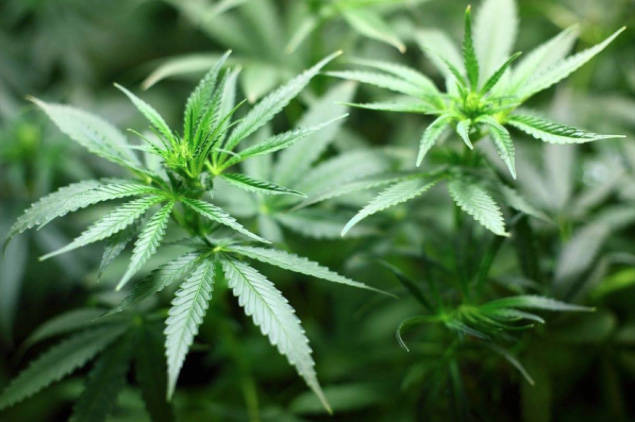




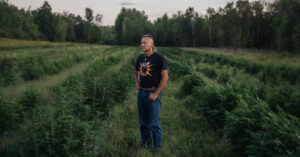
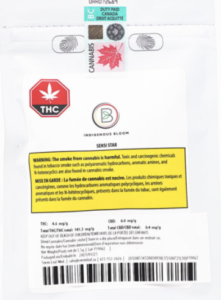
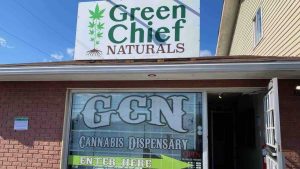
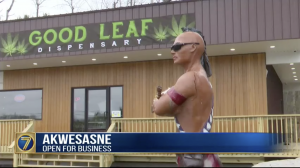
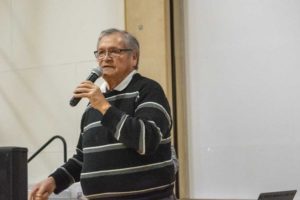

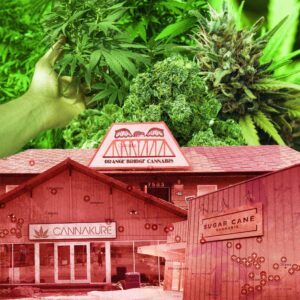

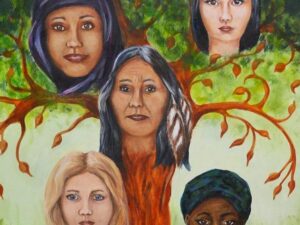
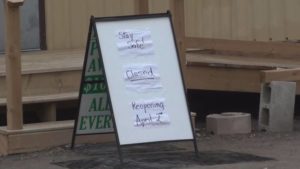
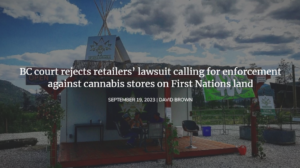
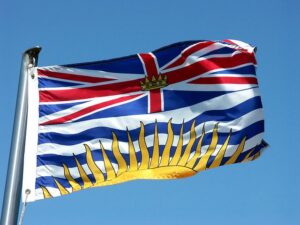
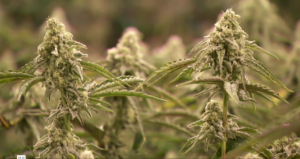
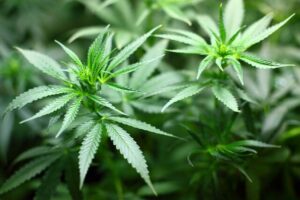
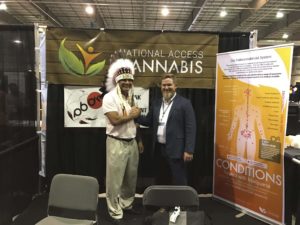
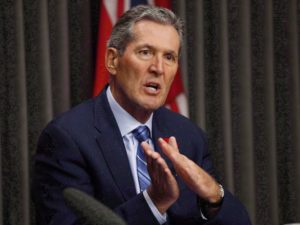
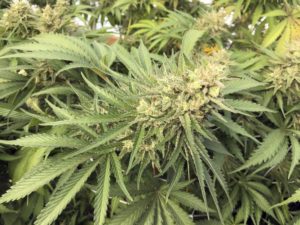

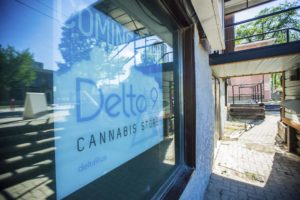
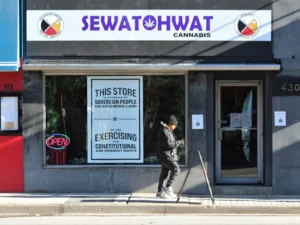
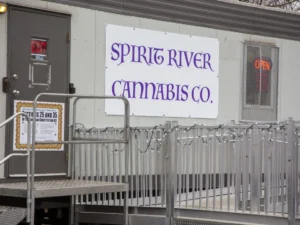
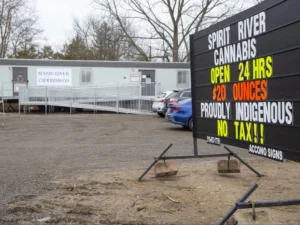
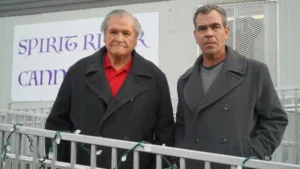

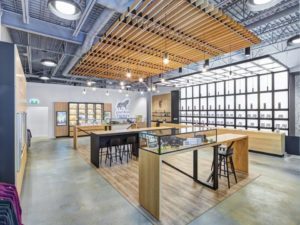
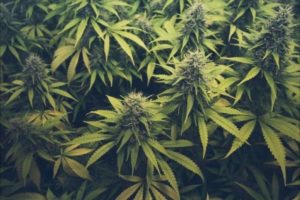
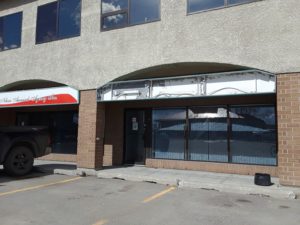
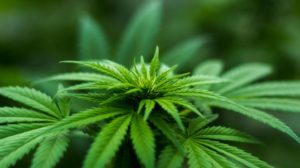
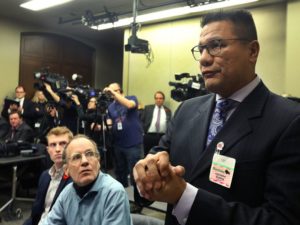
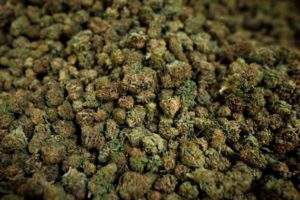
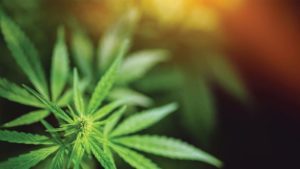
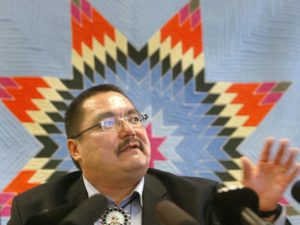
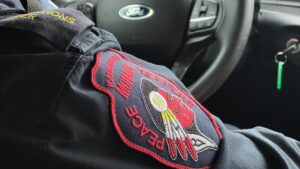
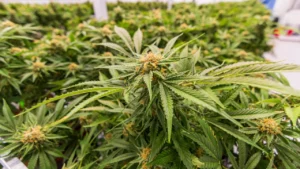
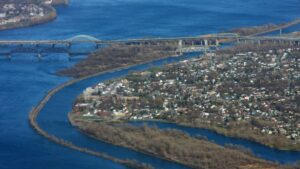

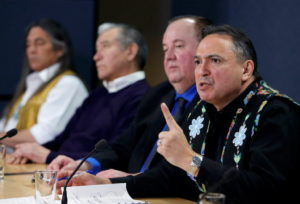
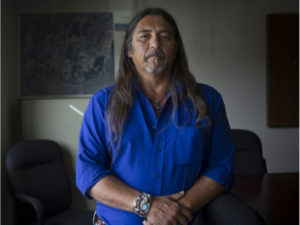
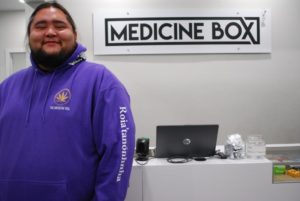
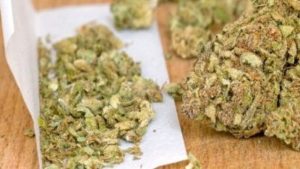
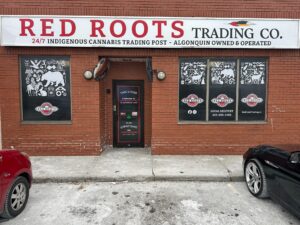
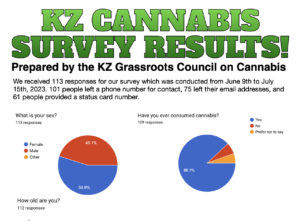




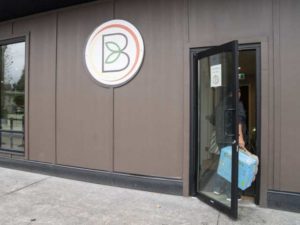
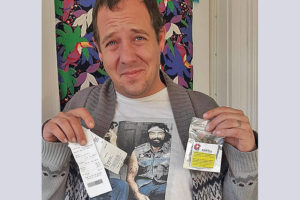
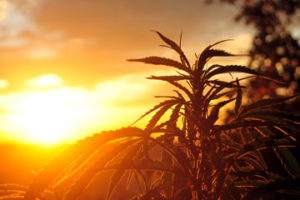
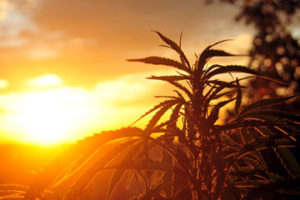
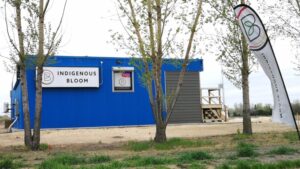
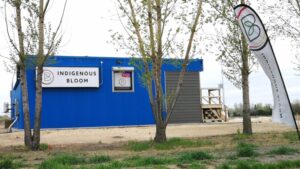
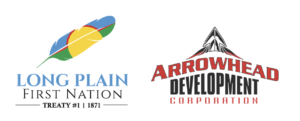
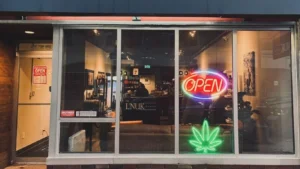
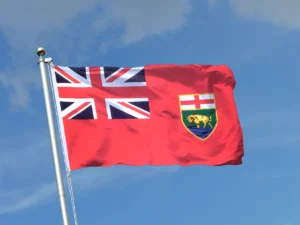
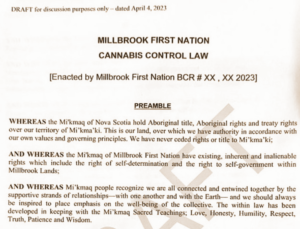




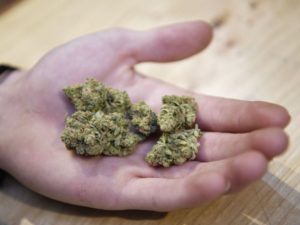
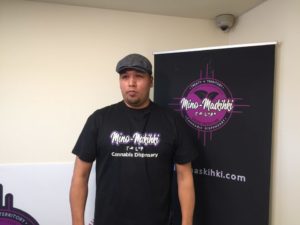
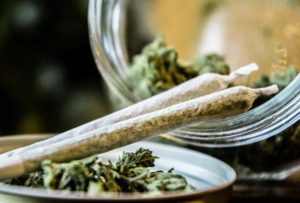
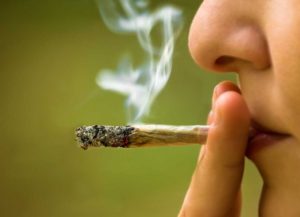
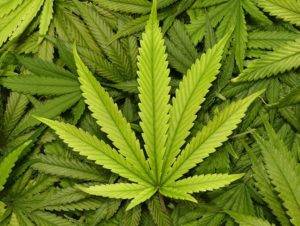
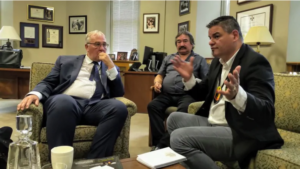
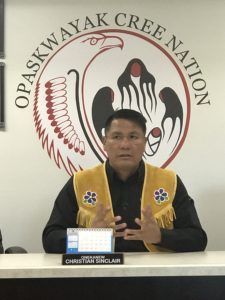
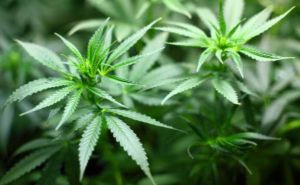




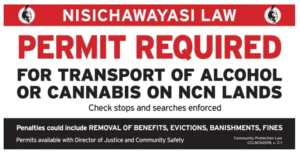
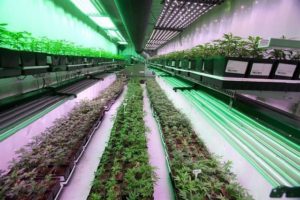
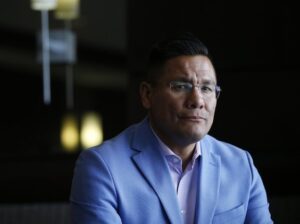
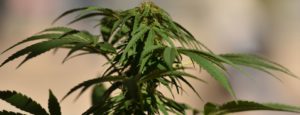
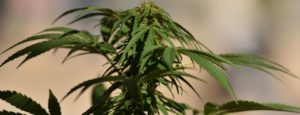
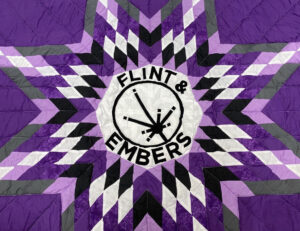
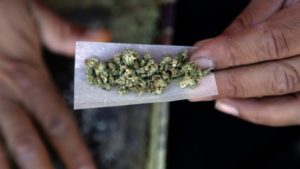
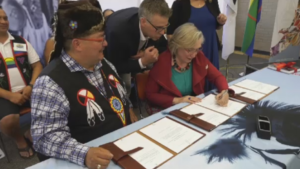
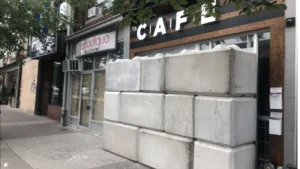
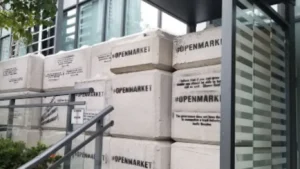

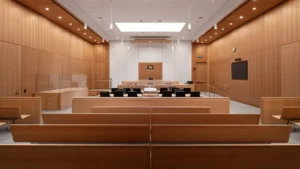
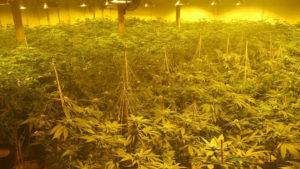
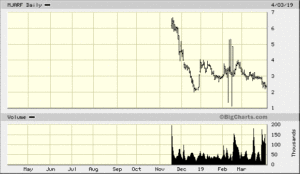



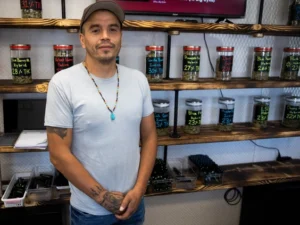
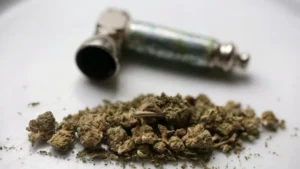
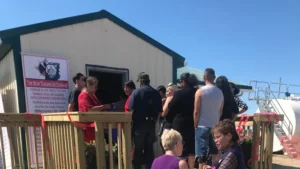
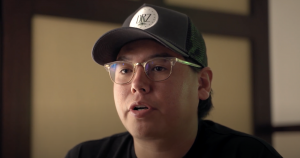
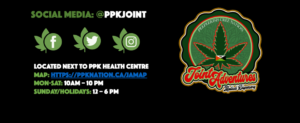

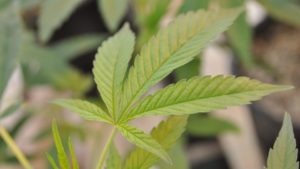
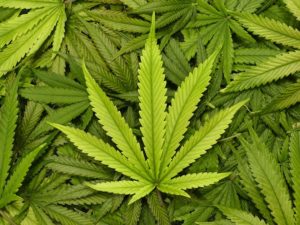

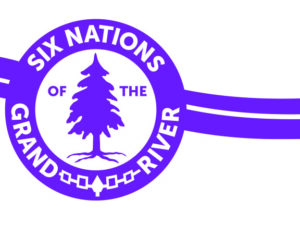


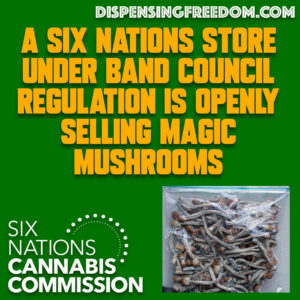

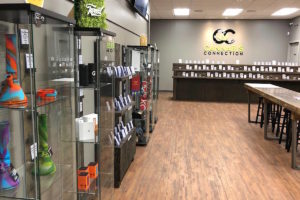
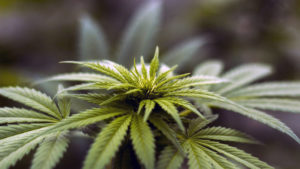
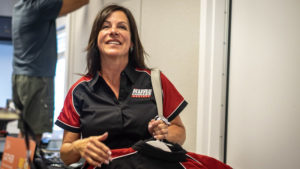
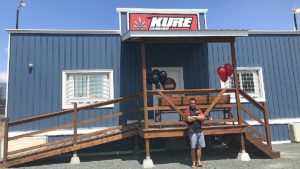
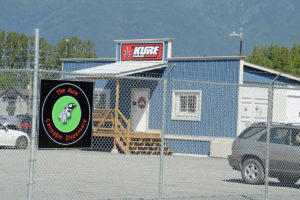
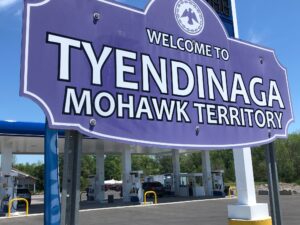
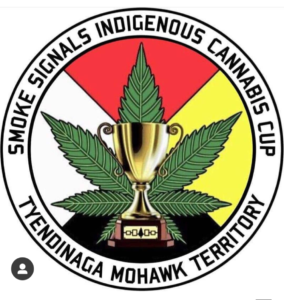
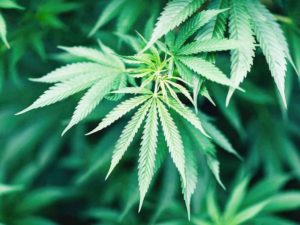

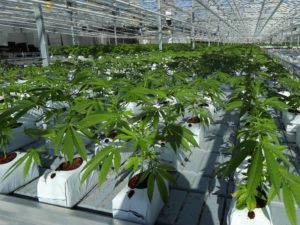
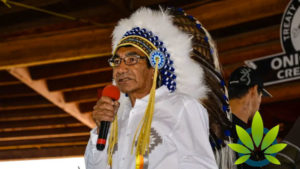
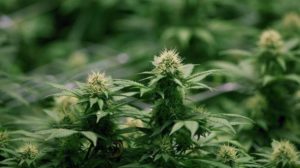
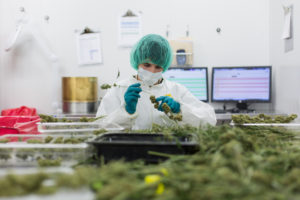
Comments are closed.